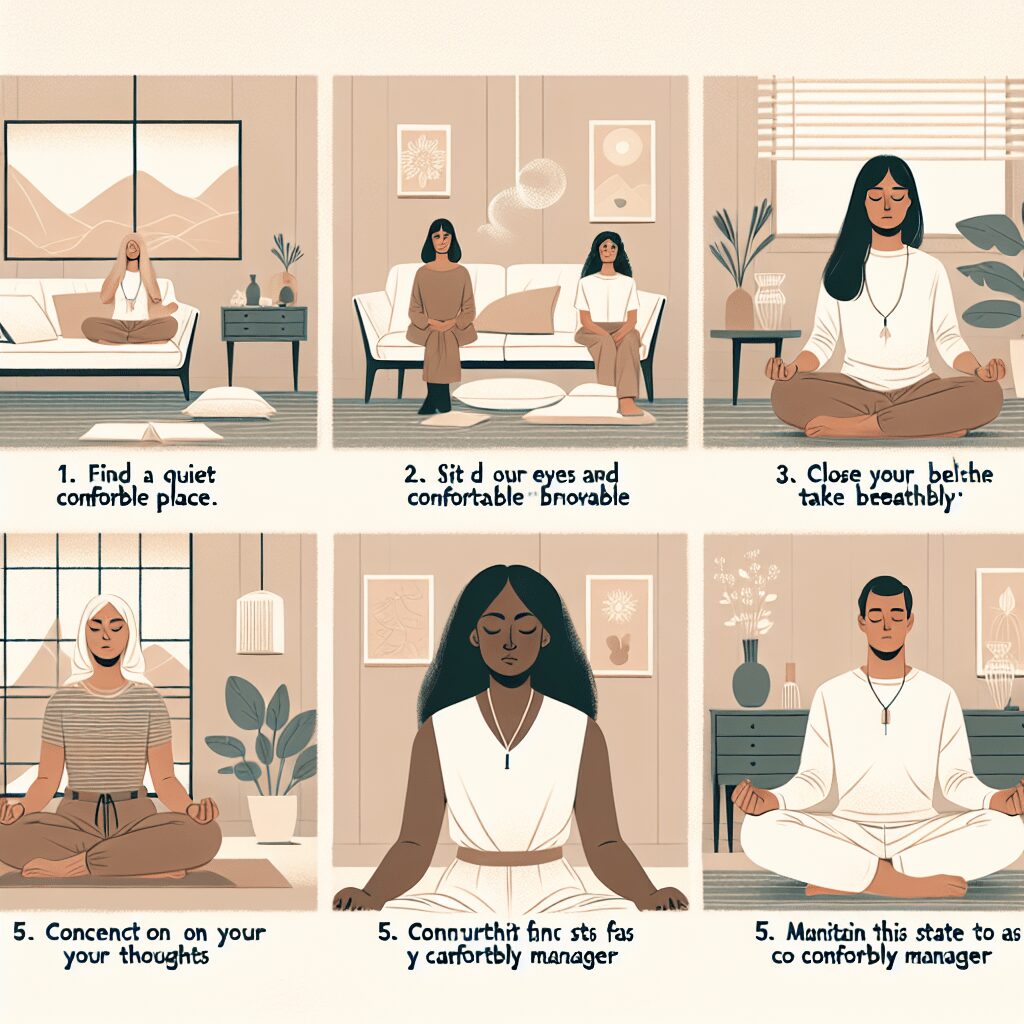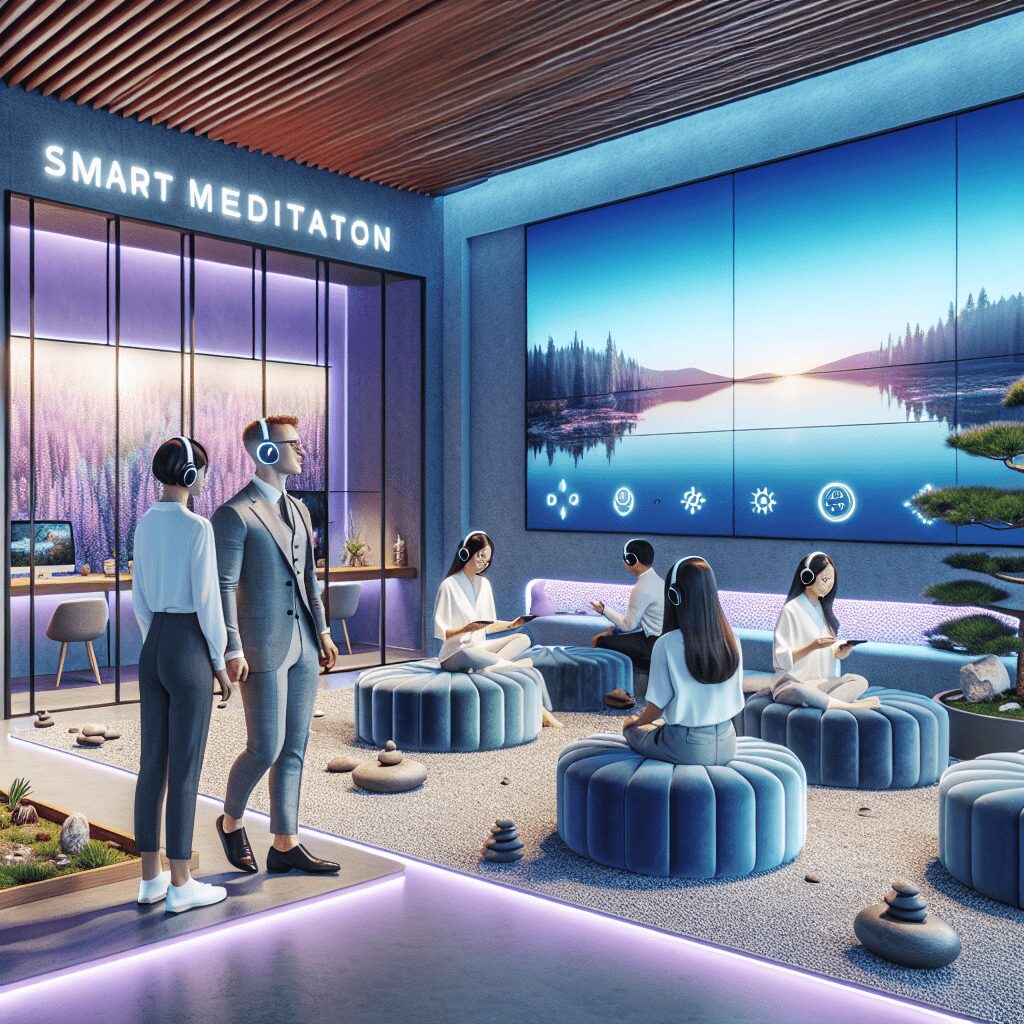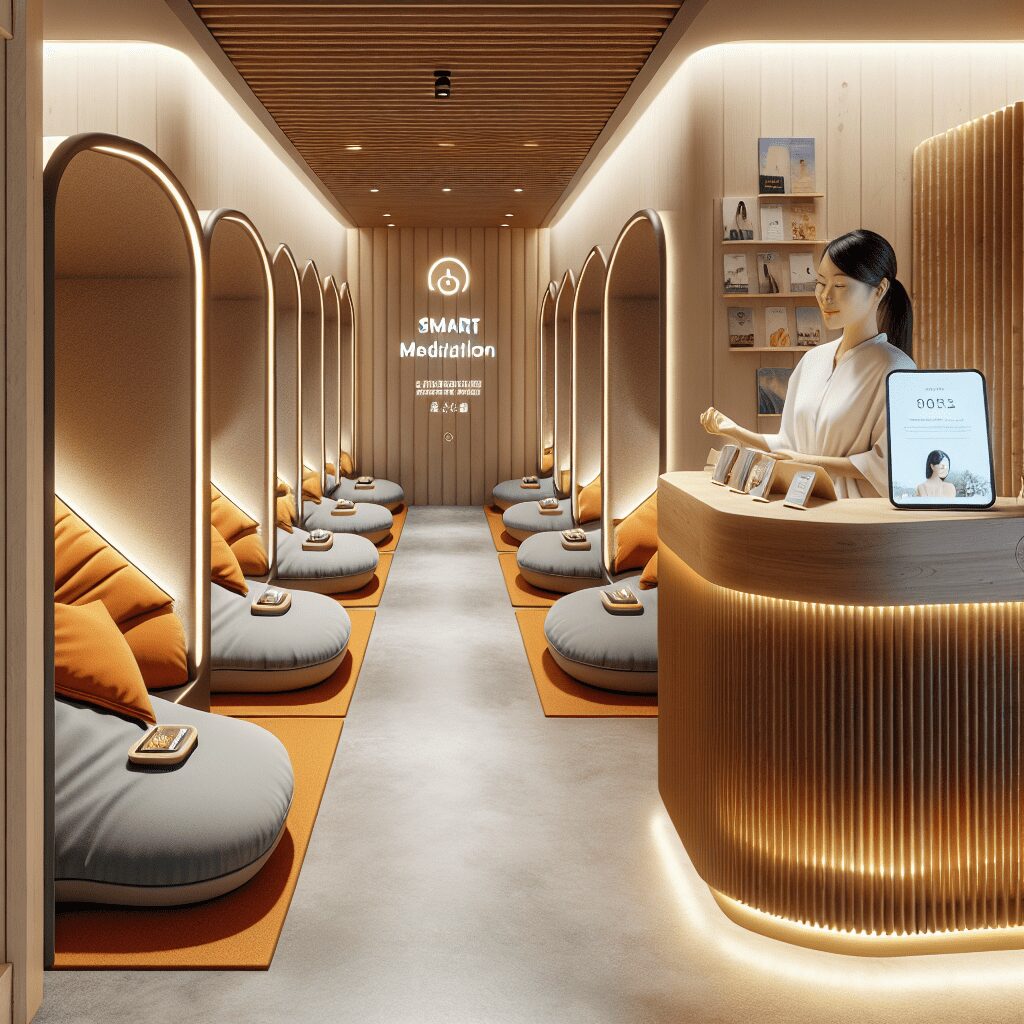
Prioritize your mental well-being daily. Enhance your life by nurturing your mental health with the Smart Meditation app. Break free from stress, alleviate anxiety, and enhance your sleep quality starting today.
Minimalism Lifestyle Reflection
Embracing the Minimalist Lifestyle: More Than Just Clearing Clutter
In an era where consumerism often dictates our desires and possessions often weigh down our peace of mind, turning towards minimalism can feel like a breath of fresh air. But hang on a sec, what exactly does adopting a minimalist lifestyle entail? Is it just about chucking out half of what you own, or is there more to the story? Well, buckle up, because we’re about to dive deep into the world of minimalism, exploring not just its surface, but the profound impacts it can have on our lives.
The Core of Minimalism: It’s Not Just About Your Stuff
At its heart, minimalism isn’t simply a quest to own fewer possessions. Sure, decluttering is part of the journey, but it’s more about the reason behind the reduction. The essence of minimalism is about prioritizing what truly matters in your life, freeing up space and time for those things that bring genuine value and happiness. It’s about quality over quantity, experiences over possessions, and intentionally removing the non-essential to focus on what truly enriches our lives.
Mindfulness and Minimalism: A Match Made in Heaven
An often-overlooked aspect of minimalism is its relationship with mindfulness. Mindfulness encourages us to live in the present, fully engaging with our current experiences without undue concern for the past or future. When we apply this mindset to minimalism, it becomes a practice of mindful consumption—thinking carefully about each purchase, considering the why behind our belongings, and cultivating gratitude for what we have.
- Decluttering with Mindfulness: Approach decluttering as a meditative practice, focusing on the present moment and the emotions or memories associated with each item. It’s not just about getting rid of things but understanding our attachments and learning to let go.
- Conscious Consumption: Before making a purchase, ask yourself: Do I truly need this? Does it bring value to my life? Will it enhance my well-being or simply add to the clutter?
- Simplifying Life’s Complexities: Minimalism isn’t confined to physical possessions; it’s also about simplifying our schedules, commitments, and digital lives. Identify areas where complexity adds stress, and look for ways to streamline or eliminate unnecessary distractions.
Minimalism as a Tool for Spiritual Growth
Interestingly, minimalism often paves the way for deeper spiritual exploration. By shedding the material excess and societal expectations that often define success, individuals may find themselves more attuned to their inner values and beliefs. This clarity can lead to a more purposeful pursuit of personal and spiritual goals, fostering a sense of peace and contentment that material wealth seldom brings.
- Freedom from Material Attachments: Learning to live with less can free us from the endless cycle of wanting and acquiring, creating space for spiritual or personal development.
- Enhanced Focus on Personal Values: With fewer distractions, you can focus more on what truly matters to you, aligning your actions and lifestyle with your core values.
Wrapping It Up
Venturing into minimalism is more than a mere lifestyle change; it’s a journey towards intentional living. It’s about discovering what adds true value to your life and having the courage to let go of the rest. Whether you’re looking to declutter your space, simplify your life, or seek spiritual growth, minimalism offers a flexible framework to help guide your journey. So why not take the first step and see where it might lead you? After all, sometimes less really is more.





